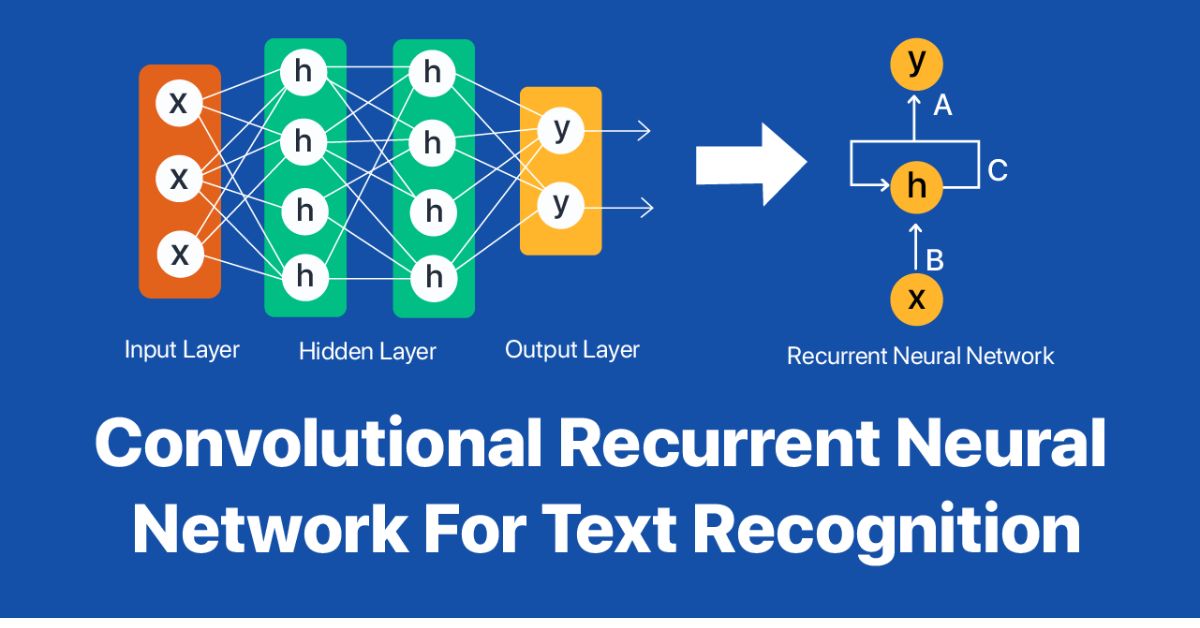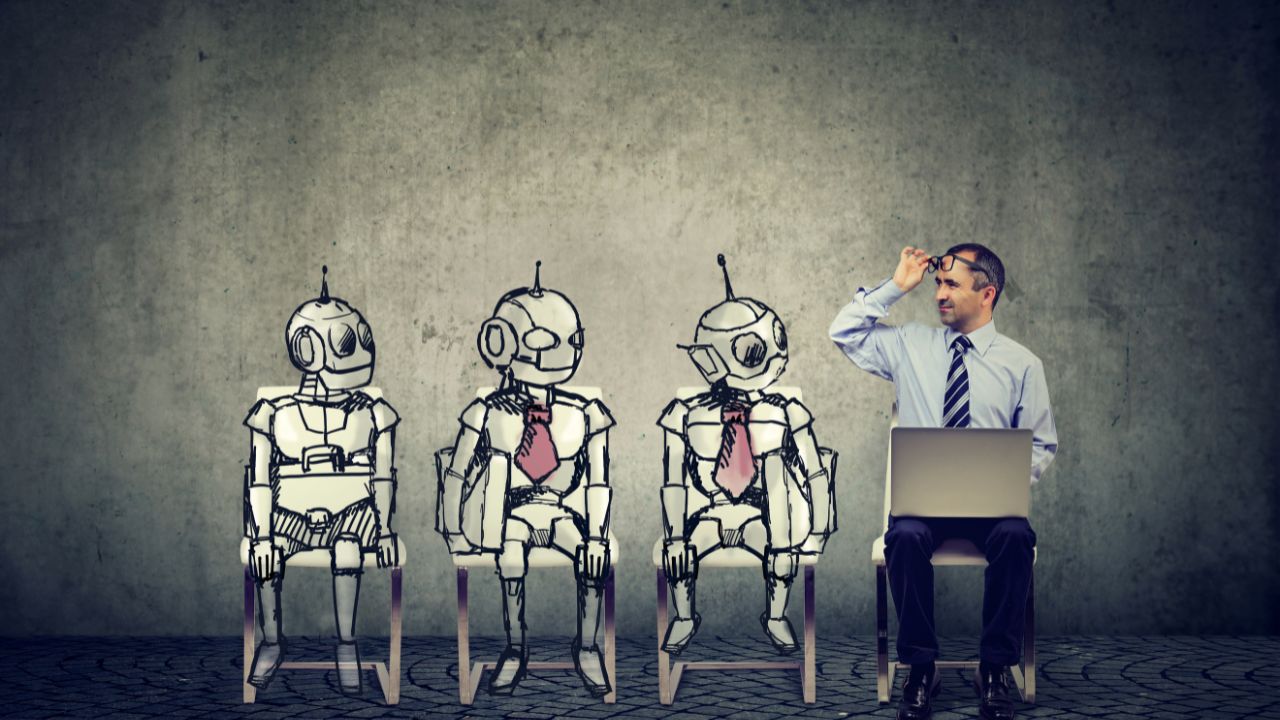How AI Is Changing the Future of Image Optimization
October 23, 2025 · 5 min read • #AI#image optimization#machine learning#compression#performance
Artificial Intelligence has redefined how we handle digital images — from automatic compression to intelligent enhancement and delivery.
What once required manual fine-tuning can now happen in seconds, thanks to machine learning and edge-based computation.
🤖 The Rise of AI in Image Optimization
Until recently, image optimization meant manually resizing and compressing files using fixed algorithms.
Today, AI-driven systems can analyze the image content itself — identifying faces, edges, textures, and gradients — to decide how much compression each region can tolerate.
Instead of applying a flat quality level to an entire image, AI dynamically adjusts it per-pixel for optimal results.
This leads to:
- Smaller file sizes (up to 60–80% savings)
- Sharper visuals on key details
- Reduced artifacts in smooth areas
- Automatic adaptation to different use cases (e.g., portraits vs. landscapes)
🧠 How AI-Based Compression Works
AI models trained on millions of images can predict how compression artifacts will look and how to minimize them.
A simplified breakdown:
- The model analyzes image content (textures, colors, shapes).
- It learns the visual importance of different regions.
- Less important regions (e.g., background blur) get more compression.
- Important regions (like faces or text) get preserved with higher fidelity.
The result: images that look better but are dramatically smaller.
⚡ Real-World Applications
| Application | AI Role | Benefit |
|---|---|---|
| Web Optimization | Adaptive compression | Smaller files, faster page loads |
| E-Commerce | Smart resizing | Consistent quality for product photos |
| Photography | Upscaling & denoising | Sharper results, fewer artifacts |
| Design Tools | Background removal | Faster and cleaner cutouts |
| CDNs & Delivery | Intelligent encoding | Format selection per user/device |
🧩 AI + Client-Side Compression = The Perfect Combo
Our Image Compressor Tool already handles high-performance compression locally in your browser, without needing cloud services.
But imagine combining that with AI-driven encoding — where your browser itself decides:
- The optimal compression level for each pixel
- Which format (WebP or AVIF) yields the best tradeoff
- Whether the image could benefit from denoising or sharpening
That’s the direction image optimization is heading — intelligent, automatic, and fully private.
🖼 AI-Powered Image Enhancement
Beyond shrinking images, AI can improve them too.
Some key techniques include:
- Super-resolution: AI upscales low-res images while restoring fine details
- Denoising: Removes compression noise without losing sharpness
- Color restoration: Fixes lighting and color balance automatically
- Artifact removal: Cleans JPEG or WebP artifacts for a smoother look
These same principles can be integrated into next-gen compression tools — including future versions of our Image Compressor.
🌍 Edge AI and On-Device Processing
A major shift in 2025 is the move from cloud-based AI to edge-based AI — running models directly in your browser or on your device’s GPU.
Benefits:
- 🔒 Privacy: No data leaves your device
- ⚡ Speed: Instant processing, no network delay
- 🌱 Efficiency: Reduced cloud computation means lower energy use
Technologies enabling this:
- WebGPU — accelerates AI models in the browser
- TensorFlow.js / ONNX Runtime Web — runs trained models client-side
- WebAssembly (WASM) — native-level performance for AI inference
🧰 Using AI for Better Workflows
You can combine traditional and AI tools for an optimal workflow:
- Compress with our Image Compressor to shrink your files instantly and privately.
- Enhance with AI tools (optional) for sharpening, denoising, or upscaling.
- Deliver through a CDN that supports adaptive image serving.
This hybrid approach offers the best of both worlds: speed, quality, and privacy.
🔮 The Future of AI Image Optimization
In the near future, expect:
- Fully automated AI compression pipelines
- Browser-based neural codecs (smarter than AVIF or WebP)
- Personalized optimization — adaptive to device, network, and content type
- Real-time AI upscaling and color correction during delivery
These technologies will make websites load instantly while using 50–90% less bandwidth than traditional formats.
🧠 FAQs Recap
Q1: Will AI replace traditional compression completely?
Probably not immediately. Instead, it will enhance it — combining smart algorithms with human-defined settings for best results.
Q2: Can AI run locally in the browser?
Yes! Modern browsers with WebGPU or WebAssembly can execute AI models directly, keeping all computation on your device.
Q3: Is it safe to use AI for image compression?
Absolutely — if done locally. Our Image Compressor runs client-side and future AI integrations will preserve the same privacy-first design.
✅ Summary
AI is transforming how we handle images:
- Adaptive compression that thinks like a human
- Enhanced image quality with smaller sizes
- On-device processing for total privacy
- Smarter, faster, and more sustainable optimization
🚀 Try the future of image optimization today with our Image Compressor — instant, private, and ready for next-gen AI enhancements.
Enjoyed this post? React below 👇
Related Posts
 Tools Effectively.jpg)
How to Use OCR (Optical Character Recognition) Tools Effectively
Learn how OCR (Optical Character Recognition) works, what it can do for you, and how to use it effectively with our free browser-based OCR Tool to extract text from images instantly.

AI Compression Algorithms Explained: Smaller Files, Smarter Tech
Explore how AI compression algorithms are transforming data storage, image optimization, and network performance in 2025 — delivering smaller files, faster speeds, and smarter efficiency for the digital world.

AI vs Traditional Algorithms: Who Wins in Image Optimization?
Explore the differences between AI-based and traditional image optimization methods. Learn how deep learning, neural compression, and smart encoding outperform legacy algorithms like JPEG and PNG in 2025.
Frequently Asked Questions
What is AI image optimization?
AI image optimization uses machine learning models to automatically compress, enhance, or resize images based on their content while preserving quality.
How is AI better than traditional compression?
AI can analyze textures, faces, and patterns in an image to apply adaptive compression — achieving smaller file sizes with minimal quality loss.
Can AI improve blurry or low-resolution images?
Yes. AI-powered upscaling tools can reconstruct missing details, making images sharper and more realistic without introducing artifacts.
Does your Image Compressor use AI?
Our tool focuses on fast, privacy-friendly client-side compression. We are currently integrating optional AI enhancement models for more advanced optimizations.
Is AI-based compression private and secure?
If done locally in your browser, yes. AI models can run entirely on your device, ensuring your data never leaves your computer.